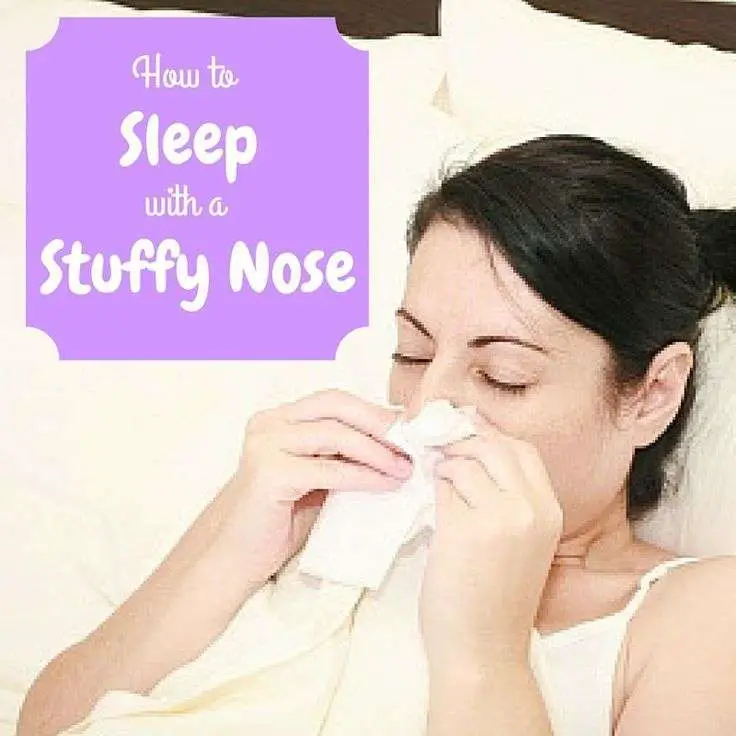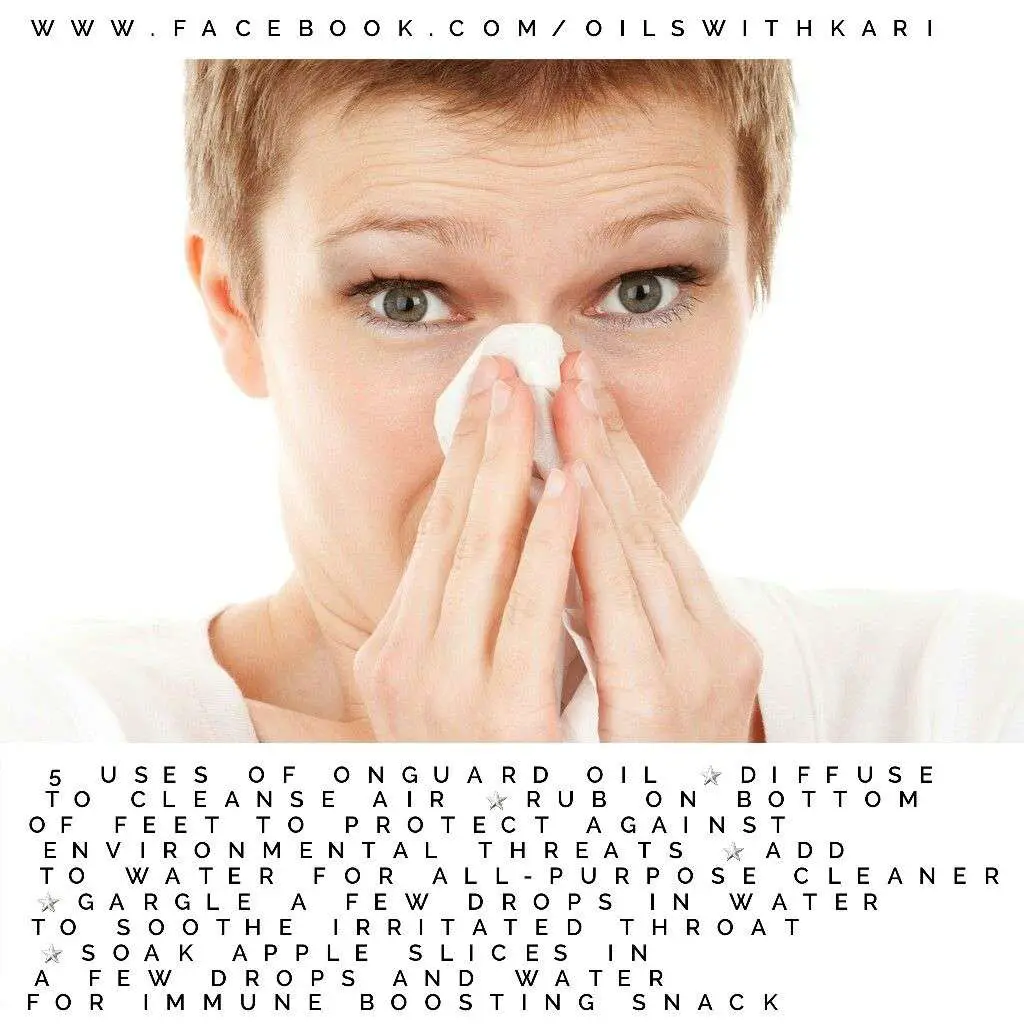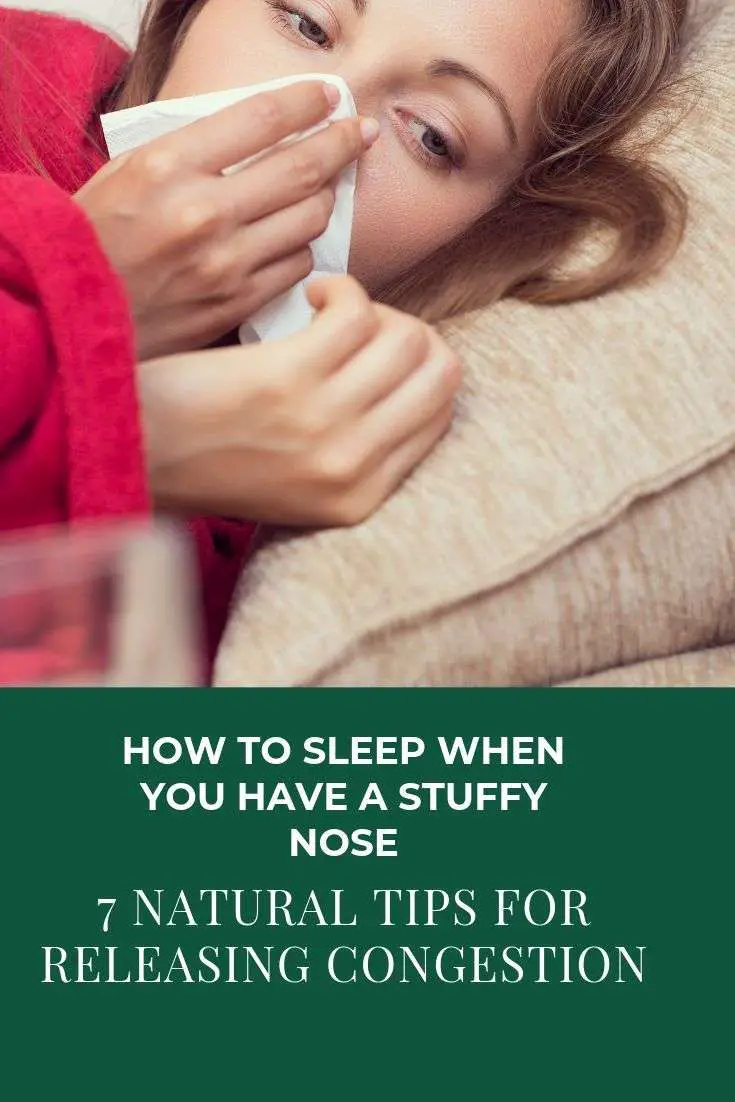How Does Sleep Posture Affect My Health
Sleep posture plays an important role in your overall health. It may be linked to certain issues, like back pain, mental and emotional health, back pain, and snoring. Your sleep posture can also affect the way you sleep during the night. When you toss and turn during the night, your sleep quality suffers, affecting your overall health, stress levels, and mood.
When it comes to ear, nose, and throat health, your sleep posture can also play an important role. Sleep posture can significantly affect your bodys ability to properly drain sinus fluids and the overall function of your respiratory system.
Anatomy Of The Paranasal Sinuses
The paranasal sinuses comprise four pairs of sinuses that surround the nose and drain into the nasal cavity by way of narrow channels called ostia . Mucus leaving the frontal and maxillary sinuses drains through the ethmoid sinuses , so a backup in the ethmoids is likely to clog the other two types of sinuses. The sphenoid sinuses are located deep in the skull, behind the eyes. Sinusitis develops when one or more sinuses become blocked.
There are millions of bacteria in our noses, and most of the time, they’re harmless. Even when a few creep into the sinuses, they don’t cause trouble, as long as they keep draining into the nose along with mucus. But if sinus drainage is blocked, glands in the sinuses continue to produce mucus, and the resulting pool of backed-up mucus provides what Dr. Metson calls “the perfect culture medium.” The bacteria grow out of control, causing infection, and the immune system kicks off an inflammatory response. The result: swelling, which causes and facial pain mucus buildup, which produces congestion and an influx of white blood cells to fight the bacteria, which thickens the mucus and may tint it yellow or green. Other symptoms include loss of smell or taste, cough, bad breath, fever, toothache, and fullness in the ears.
A Quick Refresher: Does Nasal Congestion Cause Sleep Apnea
Before we dive deeper into sinusitis and sleep apnea, lets back up a little and discuss how the two conditions are connected. While the relationship between nasal congestion caused by chronic sinusitis and sleep apnea is still being researched, most ENT doctors agree that the two are linked.
The most understood means by which sinusitis is linked to sleep apnea has to do with a patients anatomy. In fact, patients with a nasal obstruction caused or exacerbated by sinusitis will almost certainly fail a sleep study. Nasal obstructions can cause sleep apnea can interfere with the use of sleep masks.Additionally, anatomical problems such as a deviated septum or nasal polyps create less than ideal conditions within your sinus passageways, which in turn can lead to the occurrence of either chronic sinusitis, sleep apnea, or both.
Note that sleep apnea can be worsened by non-chronic sinusitis related nasal congestion, such as allergies or even a cold. For more information, we recommend reading up on the difference between sinusitis and a cold and making sure you know how to answer the question, What is chronic sinusitis?
You May Like: Sleep Number 360 Full Size
Back Sleepers Raise Their Heads
Sleeping on your back is the most successful method of improving sleep with the drip, especially if it is caused by GERD. All you have to do is prop your head to a height where your neck is at a sufficient angle to allow the mucus to drain. It may be something you have to play with until you find the happy-medium perfect for you.
You can prop your head with pillows or, if the postnasal drip is a chronic issue, you can purchase an adjustable bed frame. Another option is to buy a wedge pillow to lay on, which may work better for you, especially if you share the bed with someone else.
I highly recommend the Serenilite Bed Wedge Pillow from Amazon which provides comfortable elevation to anyone suffering from Post Nasal Drip or GERD. I first snagged mine back in February while I was sick with a cold, and had post nasal drip fairly bad. Sleeping with post nasal drip was a chore , but to my surprise, this wedge pillow worked wonders for being able to control my post nasal drip as I slept. Worth every penny. Seriously!
When To See A Doctor

A passing stuffy nose is no cause for concern, especially if you can link it to a cause like a cold or allergies.
However, there are some circumstances that require medical attention. If your stuffy nose lasts longer than two weeks, it’s time to see a doctor, Kim says.
You should also make an appointment if you experience any of the following:
- Green, foul-smelling discharge or facial pain. This can indicate a sinus infection. Sinus infections can occur when cold or allergies cause fluid buildup that causes infection. They may need to be treated with antibiotics.
- Fever. This can point to a sinus infection or another underlying condition like flu that might require medical attention.
- Bleeding. This can be a sign of nasal polyps or other structural issues that your doctor might want to have a look at.
In addition, if your stuffy nose is really interrupting your sleep, it’s a good idea to talk to your doctor. A stuffy nose can make conditions like sleep apnea worse, so it’s important to get treatment.
A doctor can give your prescription-strength allergy medications, including nasal sprays and oral medication. In some cases they might also prescribe steroids to reduce inflammation in the nasal passages, Kim says, or a decongestant like pseudoephedrine to help manage symptoms. If you’ve developed a sinus infection you may need an antibiotic to help clear it.
Don’t Miss: Why Do I Pee Myself While Sleeping
Overcoming Nighttime Nasal Congestion Comes At A Price:
Q. I have tried everything for nasal congestion. Although some remedies work for a while, nothing has worked consistently over the years better than nose sprays. The problemthey are addictive.
My congestion is always at night, so I either have to use the sprays or I cant sleep. I have tried oral decongestants. They clear up my nasal passages, but the ingredients keep me awake. I have also tried nasal strips with little success.
I wish there was a remedy that would help with my severe nighttime nasal congestion while letting me sleep through the night.
Healthy Sleep Habits Keep You Asleep
If you suffer from postnasal drip you understand how difficult it can be to fall asleep amidst the constant discomfort. When it is this difficult to fall asleep you want to ensure there is nothing to wake you prematurely.
The best way to avoid this is to remove any distractions from your room, like a phone or tablet with notifications at three in the morning or a lava lamp which creates weird shadows across your walls. You want to make it as dark and as distraction-free as possible because your subconscious responds to the smallest changes in the environment.
Another healthy sleep habit to practice is to regulate the temperature of the room. The ideal temperature should be between 68 and 70 degrees to keep you comfortable. If the temperature rises above or below these limits you could wake from your irregular body temperature. It is your bodys system to let you know if you are too hot or too cold, but not helpful for those suffering from a postnasal drip.
Read Also: Sleep In Heavenly Peace Locations
When To See Your Doctor
A stuffy nose typically isnt cause for alarm. Its usually caused by seasonal allergies or temporary bouts of the common cold, flu, and sinusitis.
Although most people can treat a stuffy nose at home, certain groups should see their doctor for diagnosis. This includes:
- infants
- adults age 65 and older
- people who have a compromised immune system
Even if youre not in one of these groups, you should see your doctor if your symptoms last for more than a week or get progressively worse.
You should also see your doctor if you experience:
- difficulty breathing
Implement A Sleep Hygiene And A Nasal Care Routine
If youre lying awake all night, suffering from a cold, the flu, or maybe just your fall allergy symptoms, theres a good chance that youre losing sleep from the uncomfortable post nasal drip, the runny nose, and the persistent wheezing and coughing.
Your first reaction may be to head over to the pharmacy and pick up some over-the-counter meds and some vitamin supplements. And, although those may provide some temporary relief, there are some alternatives you may want to consider that will not only improve your sleep when you ill but also help you rest better on a daily basis.
Recommended Reading: Sleep Number Bed San Antonio Tx
Sleeping Positions And Other Bedtime Tricks For Sleeping With Chronic Sinusitis And Sleep Apnea
Patients often find it easier to ignore their chronic sinusitis and sleep apnea symptoms during the day. There are many hypothesized causes behind this phenomena, but at the end of the day , many of us simply want to know how to find relief from these symptoms. The following methods have been found helpful for doing just that:
The Double Bind Of Nighttime Nasal Congestion
A. You are caught in a classic double bind. Many people find that oral decongestants keep them awake.
Pseudoephedrine used to be widely available in OTC cough, cold and allergy medications. For example, you may recognize the familiar brand name Sudafed. Now, you have to ask the pharmacist if you want to purchase any product containing pseudoephedrine. It is only available behind the counter.
Read Also: Mattresses Comparable To Sleep Number
Eat Healthy Nighttime Snacks
When youre having trouble sleeping, chances are youll get hungry at some point. Runny nose or not, going to bed with a rumbling stomach can make it difficult to fall asleep. To curb those cravings, try munching on some healthy late-night snacks.
Nutritious options like popcorn, bell peppers, dark chocolate, and cereal can satisfy your hunger while providing your body with the nourishment it needs to fight off illness.
Gargle With Salt Water

It might not taste great, but gargling with salt water may provide some relief for sore throats and nasal congestion. In a recent study, gargling salt water was proven to prevent upper respiratory infections. For a stuffy nose at night, the solution may be able to fight bacteria and break up mucus just in time for bed.
To make your own mixture, stir half a teaspoon of salt into a glass of warm water. Then, take small sips and gargle them for several seconds before spitting out the solution.
Don’t Miss: Do You Wear Invisalign To Sleep
Home Remedies For Chronic Sinusitis And Sleep Apnea
If you regularly deal with chronic sinusitis and sleep apnea, we highly recommend seeing your doctor. However, there are steps you can take on your own to find some relief. These steps include:
Targeted Chronic Sinusitis And Sleep Apnea Treatment
If these at-home solutions arent helping you get the sleep you need, pursuing more aggressive strategies for relief from chronic sinusitis and sleep apnea might be the answer. There are several avenues you can take, so its always wise to consult your doctor about which option is best for you. Your ENT may suggest:
Read Also: Sit N Sleep Sherman Oaks
Try Allergy Medicines Like Antihistamines To Reduce The Nasal Congestion
Selective or non-selective antihistamines can be effective for nasal congestion from allergies. Its important to consider that some antihistamines can cause drowsiness. There are also nasal steroids available that may help. Talk to your doctor about this.
If none of these tips help to relieve your symptoms, you should talk to your doctor or an ENT to evaluate your symptoms.
Try Heated Tubing For Added Heat And Humidification
Heated CPAP tubing keeps the temperature of the air warm as it travels from your heated humidifier through the tubing to the mask and into your airway. Otherwise, the air loses heat and can cool drastically before it reaches your airway. Additionally, the cooling of the air can cause condensation in your tubing which can lead to rainout or filling your mask with water. Read more about rainout and how to prevent it here.
Recommended Reading: Layers Of A Sleep Number Bed
Reasons Behind Nighttime Congestion
Stuffiness is caused by excess mucus blocking the nasal passageways. Another culprit is swollen and/or inflamed blood vessels inside the nasal passages. Both of these issues can be worse at night.
Nighttime congestion is sometimes a matter of human anatomy and gravity. With some health conditions, lying down makes symptoms worse. Many people notice that congestion starts to improve an hour or two after they get up in the morning. That’s often gravity doing its work once again.
Medications For Sleeping During Postnasal Drips
If all of the above efforts have failed or you simply prefer medical solutions, know that there are several ways to improve sleep during a postnasal drip.
Over the Counter Nasal Decongestants
If you are struggling with sleep due to a postnasal drip, nasal irrigation can be an effective solution. This simply refers to the use of decongestants to clear the clogged mucus in your throat and make it easier to breathe.
Sudafed and Neo-Synephrine are 2 of the most popular over-the-counter decongestants available for postnasal drip.
Nasal Irrigation
This refers to the practice of flooding the nose with saline nasal sprays to increase nasal moisture, which thins mucus and allows it to flow more easily from the nose into the throat.
Nasal irrigation can significantly improve sleep quality. The good news is that most of these sprays are available over the counter.
For people who suffer from chronic postnasal drip, cortisone steroid sprays may be right for relief. These sprays are available by prescription only and your doctor will prescribe them if needed.
For excessive mucus in the throat and nose, you can resort to Neti Pots and Sinus Rinses to flush it out.
The Nasopure The Nicer Neti Pot system by Dr. Hana fits comfortably in your nostrils and provides natural relief for allergies. It clears your nose of excess mucus in minutes and promotes sleep.
Read Also: Sleep Number Mattress With Adjustable Base
Best Position To Sleep With A Stuffy Nose
by Enticare Updates | Oct 12, 2021 | Allergy, Ear Nose Throat, Sleep
With fall here and the weather fluctuating between summer heat and winter chill, a sensitive nose may get stuffy. With less humidity in the air and the radiators coming alive, the drier air can also leave your nose more susceptible to cold and flu season. You may even suffer from autumn allergies. Trying to sleep with nasal congestion is challenging. Lets look at the best position to sleep well with a stuffy nose.
Laying Down Gravity And Blood Pressure

Many patients are surprised to find out the role gravity and blood pressure play in making sinus issues worse.
While youre sitting up and standing throughout the day, your blood circulates through your body, with blood pressure and the forces of gravity influencing how easy it is for your blood to get to your head and sinuses. On top of that, when youre vertical, gravity also helps your sinuses drain down your esophagus and into your stomach.
When you lie down on the other hand, your body doesnt have to fight as much to deliver blood to your head. Increased blood flow in the blood vessels of your sinuses may result in sinus congestion, pressure, and pain. When that happens, gravity is no longer helping your sinuses drain, but instead increasing your chances of experiencing those same issues.
These nighttime sinus circumstances can affect those who have little to no sinus symptoms during the day. If youre also suffering from sinusitis, GERD, or allergies, these circumstances can get aggravate already inflamed blood vessels and exacerbate other related problems.
The Ideal Sleeping Position When Dealing With a Stuffy Nose
The best sleeping position for sinus drainage problems and other sinus issues is to sleep with your head propped up. Sleeping with your head propped up will help gravity naturally drain your sinuses and reduce the chance of excessive blood flow that can develop sinus congestion.
You May Like: Queen Sleep Number 360 C4 Smart Bed